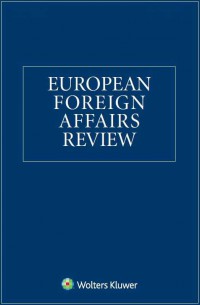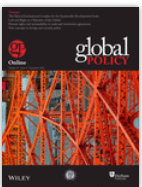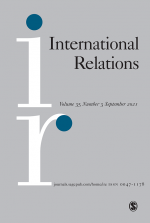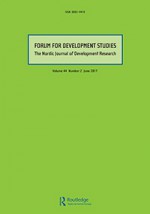Civilian Power or Soft Imperialism? EU as a Global Actor and the Role of Interregionalism

This article provides an analytical framework for understanding the EU’s foreign policy relations (FPRs), namely enlargement (towards new candidates), stabilization (towards the neighbourhood), bilateralism (towards great powers) and interregionalism (towards more far away regions of Africa, Asia and Latin America), but with a particular focus on interregional relations, taken to be the most typically European form of external relations. The various policy forms differ over time between FPRs, due to a number of factors, such as relative levels of EU actorness, relative power relations, the combinations of norms and interests, the different policies pursued by different EU members and institutions, the nature of the issue, and external challenges. The purpose is to examine the specific nature of interregionalism in the context of the overall EU-driven external policy and what implications the EU model could have for global governance. This external policy has been characterized in sharply contrasting ways, from a distinctly European normativism to traditional national interest policies hidden behind rhetoric. A distinction is here made between idealist ‘civilian power’ and realist ‘soft imperialism’, and the relevance of these two models is analyzed in the EU’s main FPRs. The difference between civilian power and soft imperialism lies in the overall importance of values and norms, and also whether negotiations are carried out in a symmetric, dialogical way rather than by imposition.








